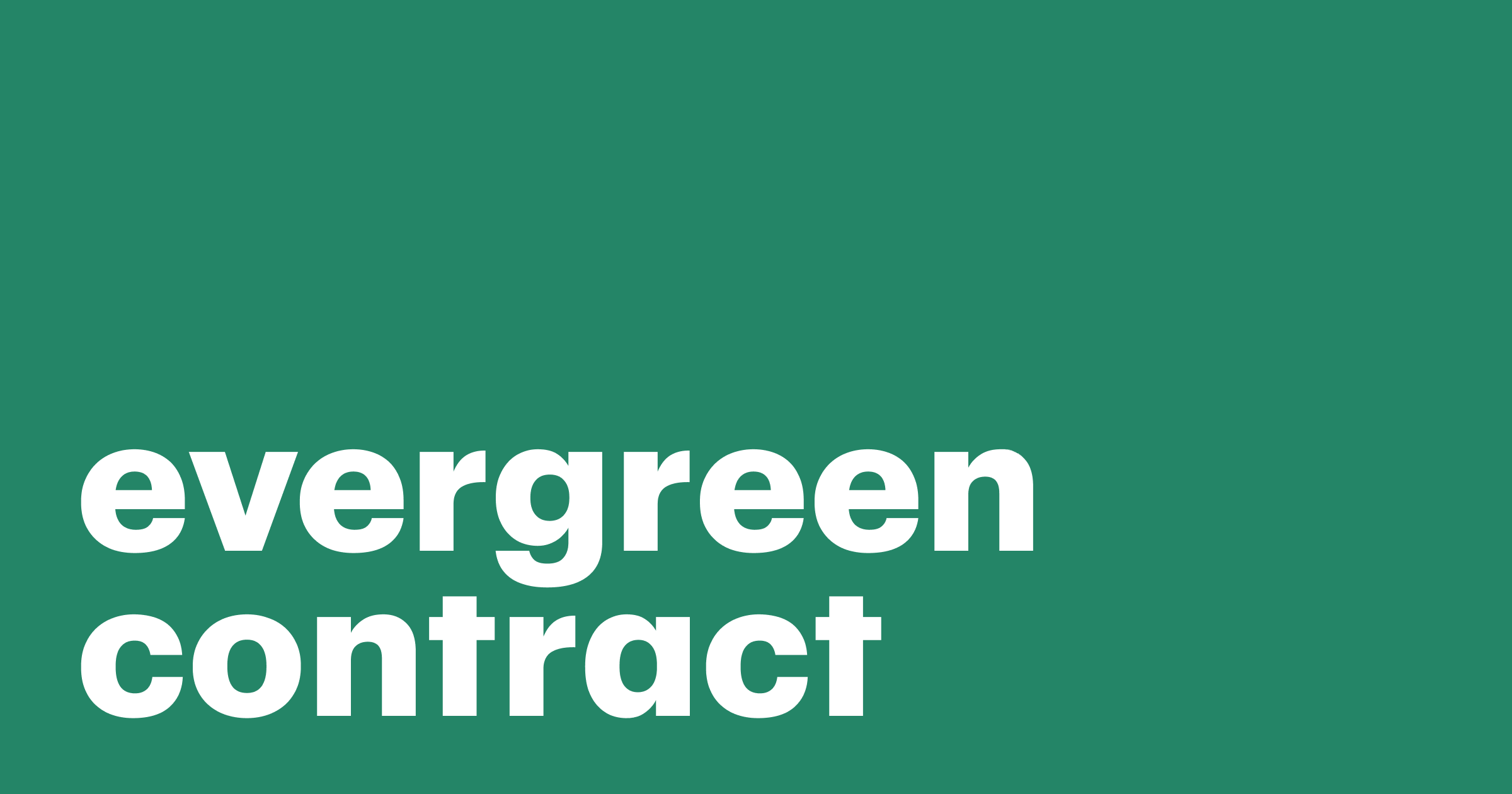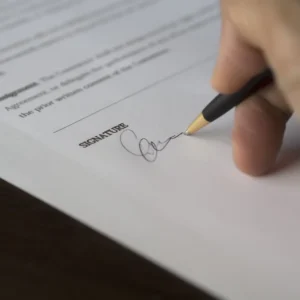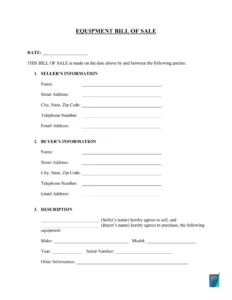In both personal and professional interactions, the evergreen clause is essential. They specify the conditions of agreements and how long they will be enforceable. Contracts known as “evergreens” automatically extend their terms and conditions until one or both parties decide to end the deal. Imagine a situation where it is mutually beneficial for both parties to have a contract that automatically renews at the end of its term rather than having to negotiate a new one each time.
An evergreen contract is the best choice in this situation since it can last forever as long as the provisions are still acceptable to all parties. We’ll cover all you need to know about evergreen contracts in this article.
When you’re done reading, you’ll know how it functions and whether it’s the best choice for you.
What Is Evergreen Clause?
An agreement that automatically renews itself after the expiration date passes is known as an evergreen contract. An evergreen contract remains in effect until it is canceled, as the term implies. The only significant distinction between evergreen and fixed-term contracts is the evergreen provision, which states that the agreement automatically renews for a new term.
Comprehending Evergreen Clause
The term, or the duration of the contract’s validity, is one of the elements that the parties agree upon. The length of the contract varies greatly, and during the whole time specified in the contract, all parties must perform their commitments. They are all required to follow the contract policy for an additional time if no side cancels it before the expiration date.
A variety of contracts, such as those on employee stock option programs, dividend reinvestment plans (DRIPs), rental lease agreements, healthcare plans, insurance coverage policies, magazine subscriptions, and revolving loans, might contain evergreen terms.
When Is an Evergreen Contract Necessary?
Most likely, you’re asking who would want to sign a contract that automatically renews.
Let’s face it: these kinds of agreements are commonplace. Here are a few examples of actual evergreen contract applications.
Rental lease agreements: Evergreen rental leases, which have month-to-month durations that require you to just pay your rent on the first day, are used by landlords and property managers in place of formal contract renewals with tenants.
Employee stock options: Employers set up plans for stock options in which new shares are added annually until the employee leaves the company or the board of directors decides to cancel them.
Insurance contracts: Unless the policyholder wishes to discontinue coverage and transfer to a new provider, insurers and insurance companies may renew health insurance and auto insurance for an additional year.
Online memberships and subscriptions: Rolling contracts are used by services like Spotify, Netflix, and Coursera to guarantee that users have continuous access to their offerings.
Plans for reinvesting dividends in more shares are known as dividend reinvestment plans (DRIPs), and they are offered by companies. Usually, the corporation, a third party, or a broker is in charge of managing this plan.
Purchase agreements, revolving loans, service agreements, guaranteed investment certificates, and magazine subscriptions are some other uses for evergreen contracts.
Evergreen Clause Provision Examples
Evergreen provisions are included in a wide variety of contracts. By no means does this list of evergreen contracts end here.
Certain employee stock option plans offer an evergreen option, meaning that further shares are added to the plan each year without any user input. These programs are designed to draw in and keep talented workers who are motivated to expand the business. Every year, unless the board of directors chooses otherwise, evergreen options are renewed and continue in effect.
A rental lease with an evergreen term is designed to automatically renew after the term. After that, it is either activated on a month-to-month basis or carried over to another term with a comparable duration. An evergreen lease, for instance, requires the renter to be in the property for a full year before it becomes an indefinite month-to-month live-in agreement. There is a 30-day window in which any party may terminate the contract.
Evergreen clauses are seen in a lot of insurance contracts. Unless the insured person specifies differently, the insurer normally renews a policy for a further year when a policyholder purchases auto or home insurance.
How Are Evergreen Contracts Operated?
Let’s take the Coursera subscription as an example to further understand how evergreen contracts operate.
You are committing to Coursera that you want to use their services for a set monthly fee of $59 when you accept the “Terms and Conditions” and pay the first subscription fee.
There will be a notice alerting you to the fact that, unless you cancel, your subscription will automatically renew each month on a predetermined date.
You will thus receive a notification each month indicating that you have been charged $59 by Coursera, commencing, let’s say, on January 1.
But what if Coursera decides to raise membership prices to $65 and alter the terms of the contract?
To begin with, they will need to provide advance notification to all paying subscribers, normally within a range of one to sixty days before the next price increase taking effect, depending on the specific agreement and the applicable laws.
Because you were already billed on February 1st, you will not receive a refund if you decide to cancel your Coursera subscription on February 5th.
Thus, the agreement will expire on its own right before the start of the subsequent cycle on March 1.
We’ll go into more depth on ending an evergreen contract later.
Evergreen Clause’ Advantages
Because life and business are unpredictable and COVID-19 can strike again, people and businesses may be hesitant to get into evergreen contracts.
Here are some benefits of evergreen contracts despite these concerns.
They are practical for both sides.
Because they make things easier for both customers and service providers, evergreen contracts are very popular.
The need to renegotiate agreements at the end of each term is eliminated by these contracts that automatically renew.
Rather than requiring you to remember when to manually renew your Netflix membership, the subscription just rolls over to the following month or year, with your card being charged.
They lessen the workload associated with administration.
The automation of service agreement renewals and contracts is another advantage of evergreen contracts.
Owners and managers of businesses can put discussions off their agendas and concentrate on other profit-driven projects.
They assist with financial planning.
Evergreen contracts facilitate improved money management for customers.
Companies might adjust their expenditure plan to fit the operating contracts they have with other groups or entities.
Also, because they have a clear picture of their future expenses, customers can simply keep track of their spending.
They pledge to provide coverage.
Evergreen contracts are incredibly dependable for customers dealing with service providers.
They require a contract that ensures them coverage for a predetermined time because of this.
You won’t have to wake up one day as a business owner and find that your website is down because you neglected to renew your hosting.
You may feel secure knowing that your website will be up and running for the duration of the agreement if you have an evergreen agreement with GoDaddy or your hosting provider.
Cons of Perpetual Contracts
Evergreen contracts have many disadvantages despite guaranteeing coverage.
It May Be Challenging to End Them.
Depending on the jurisdiction and the terms of the agreement, terminating an evergreen contract may be challenging.
For example, you have a deadline for delivering the notice of termination. If not, the contract will automatically renew.
If You Forget, It Might Cost You Money.
Because evergreen contracts are designed to function autonomously, it is simple to forget about them.
Imagine if you didn’t terminate the agreement, waking up to charges you had completely forgotten about.
In severe circumstances, you can find yourself in the same situation as the man from Missouri who was had to pay for unnecessary treatments for five more years.
How to End a Evergreen Clause
Let us now discuss how to terminate evergreen contract terms now that you are aware of their disadvantages.
There are three standard ways to end an agreement:
- Mutual agreement is the term used to describe termination of collaboration between the two parties.
- Termination by default: The other party retains the right to end the agreement if one of the parties violates it. For example, if you have a contract for seasonal lawn mowing services, you have the right to end it if the customer defaults on payment.
- Termination via law: If the conditions are no longer acceptable to you and the other party hasn’t defaulted, you can find a legitimate means to end the contract by hiring a lawyer.
The actions to take are as follows:
- Give a notice of termination to the other entity.
- Make sure the notice is received before the renewal period begins and within the designated duration.
- Give a brief explanation of why you are ending the arrangement.
- Provide opportunities for renegotiation or revisions to the contract, such as modifications to the scope of services, deliverables, and price, if you wish to proceed with the amended terms.
- Terminate the agreement if both parties agree.
- If the other party disagrees, get ready to present thorough documentation in court.
FAQs
What Does an Evergreen Clause Look Like?
Example: “This leasing agreement has a one-year introductory term. This Agreement shall remain in effect from month to month after the original term expires unless and until Tenant provides Landlord with written notice of termination thirty days in advance of the initial term’s expiration.
Are Evergreen Provisions Allowed?
Evergreen agreements are typically enforceable and binding on the law as long as the provisions are explicit, reasonable, and obvious. State-by-state variations exist in evergreen contract conditions and validity.
What Makes It an Evergreen?
To put it literally, evergreen refers to a tree that stays “green forever”—that is, as long as it lives. Unlike deciduous trees, whose leaves change color and fall in response to seasonal environmental changes, evergreen trees have foliage all year round.
Summary
After the expiration time, an evergreen contract automatically renews and rolls over.
Until either party or all parties agree to end the evergreen contract, both parties must abide by its terms. A mutual agreement between the parties or noncompliance with the responsibilities outlined in the contract may result in termination.
Rental leases, insurance contracts, revolving loans, stock options, and more can all use evergreen contracts.
Also, Read



